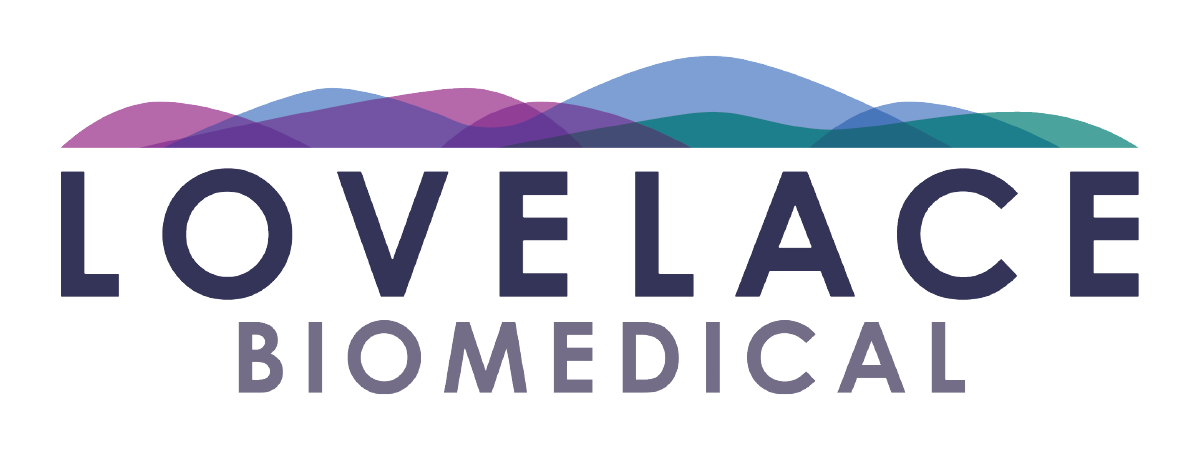The established cancer drug topotecan may hold promise as a more targeted therapy for patients with small-cell lung cancer (SCLC), according to the results of a study presented by Lovelace Biomedical scientists.
The findings are significant, as lung cancer remains one of the leading causes of cancer deaths worldwide. New treatment options are direly needed, especially for the 10% to 15% of lung cancers that are of small-cell origin. These cancers take a very aggressive course, with a median overall survival of about 1 to 2 years. Only around 12% of patients survive for 5 years after diagnosis, even when diagnosed in early stages of the disease.
For patients with SCLC, topotecan is one of the only second-line treatment options. However, the drug, which was approved by the FDA in 2007 and is marketed under the trade name Hycamtin, is currently available only in oral or IV formulations, and many patients encounter adverse side effects due to high systemic exposure and low therapeutic index of the potent drug.
Lovelace has engineered and tested a novel spray-dried powder formulation of the compound for inhalation, which would allow for direct and non-obtrusive delivery to the lungs.
“This formulation may allow for targeted treatment of lung cancer while reducing off-target side effects,” said Philip J. Kuehl, Ph.D., Director of Scientific Core Laboratories at Lovelace Biomedical and an author of the study.
At the 2017 Annual Meeting of the American Association of Pharmaceutical Scientists, Lovelace’s team revealed key takeaways from its evaluation of the new formulation, sharing details such as particle size distribution, potency and purity. All findings indicated that the powder could be effectively aerosolized for lung delivery, and that spray-dried manufacturing is feasible.
Dr. Kuehl said the powder is currently being evaluated in a non-clinical rodent pharmacokinetic study by Lovelace Biomedical.
As new scientific tools and biological insights emerge, more already-approved drugs likely will find new uses in treating patients better or for new indications, Dr. Keuhl added. Lovelace is well prepared to help biotech and pharma companies evaluate alternate routes of administration, dosing paradigms and formulations to better help serve targeted patient populations.
Contact us for more information on Lovelace Biomedical’s topotecan program, or to learn about our capabilities for evaluating drugs for the 505(b)(2) regulatory pathway.

